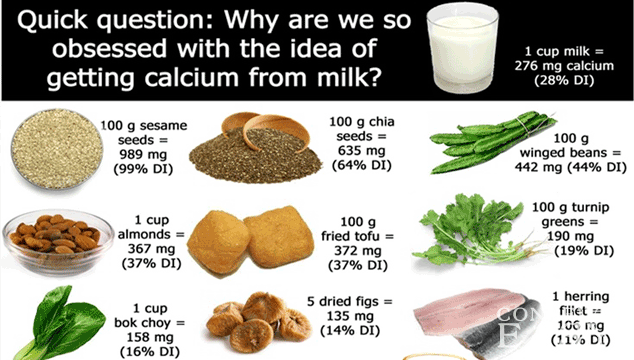
Hypertension that is brought on by pregnancy (also known as pregnancy induced hypertension) is a very common pregnancy complication that many women face. If left untreated, pregnancy induced hypertension can quickly get out of control and can turn into a dangerous condition known as Preeclampsia, which can be life threatening for both mom and baby. However, doctors think they have found a way to reduce pregnancy induced hypertension problems, and the answer is as close as your medicine cabinet. Claim Your 20 Free Pregnancy Tests – Click Here

A new review, led by Dr. G.J. Hofmeyr, head of the obstetrics and gynecology department, East London Hospital Complex in South Africa, shows that women who took extra calcium supplements had a lower instance of pregnancy related hypertension.
“Pregnant women from communities with low dietary calcium who received at least 1.5 grams of calcium by mouth [daily] during the second half of pregnancy had a lower risk of hypertension and preeclampsia, and of severe complications including death, than women who received placebo treatment,” said lead review author Dr. G.J. Hofmeyr.

While the results of this new study are astonishing for women who don’t get enough calcium or other nutrients on a daily basis, the results were not quite as shocking in communities where women get adequate nutrition. There was a small reduction in their risks of gestational hypertension, but not in the risk of preeclampsia. Doctors are all in agreement, however, that calcium supplements don’t hurt, and they can in some cases help. So, women should not be afraid to take them. The doctors involved in the review were even quick to point out that there is no harm in trying!
“There is really almost nothing to lose from trying this approach, and based on this Cochrane Review, potentially something to be gained,” added Repke, who has been conducting research on preeclampsia and related disorders for nearly 30 years.

Calcium has so many other benefits besides the possible reduction in gestational hypertension risk. You can try to meet your calcium needs by getting calcium from food sources, but sometimes, that can be hard to do. If you can’t get your daily calcium from food sources, you can get a calcium supplement, or a multivitamin that includes calcium. You should always take your calcium supplement with meals, since it requires stomach acid to absorb and dissolve. If you are having trouble choosing a calcium supplement, ask your doctor for advice or recommendations.










Comments